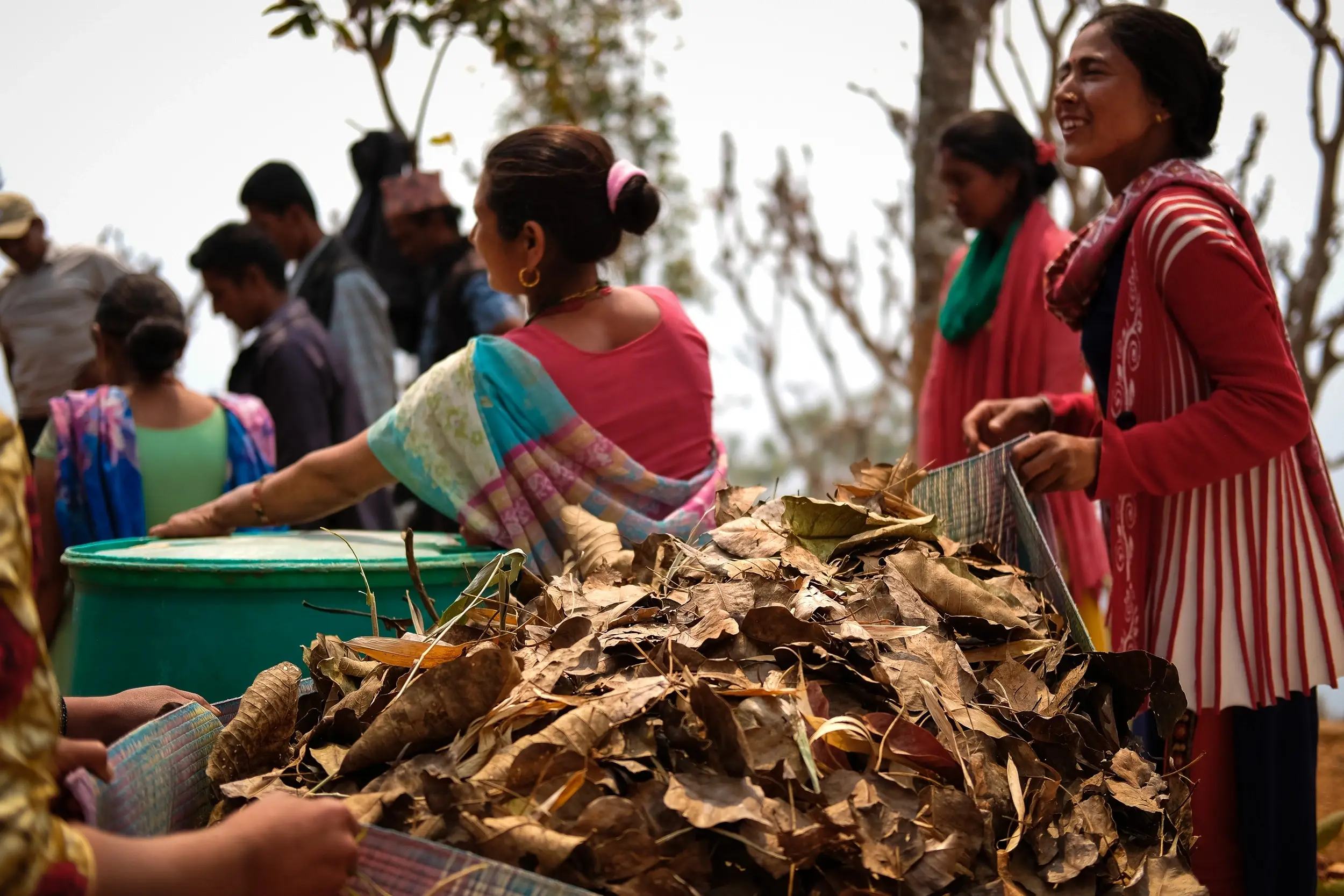Volunteer Opportunity
Environment Conservation: Permaculture
Details
Benefits:
Participation:
Description

Agriculture is a major source of food, income, and employment for the majority of Nepalese. However, only about 28% of the land in Nepal is cultivable, putting intense pressure on the land. This highlights the importance of sustainable agricultural and land management practices.
Volunteering on permaculture projects can help to maximize benefits for farmers and promote sustainable food production. Permaculture is a system of agricultural design that mimics the patterns and relationships found in nature. It is based on principles such as diversity, efficiency, and resilience.
Traditional agricultural practices have often relied on the use of chemical fertilizers and pesticides. While these chemicals can help to increase crop yields, they can also have negative impacts on soil health and human health. Permaculture, on the other hand, uses natural methods to improve soil fertility and pest control. This can help to reduce the environmental impact of agriculture and improve the health of farmers and consumers.
There are a number of challenges to the adoption of sustainable agricultural practices in Nepal. These include a lack of training and support for farmers, a lack of well-organized support systems and programs, and problems in obtaining supplies. There is also a lack of research and technical expertise in the agriculture sector.
Volunteers can help to address these challenges by providing training and support to farmers, helping to develop and implement sustainable agricultural practices, and advocating for policies that support sustainable agriculture. They can also help to raise awareness of the benefits of sustainable agriculture among farmers, consumers, and policymakers.
Here are some specific ways that volunteers can help:
- Provide training to farmers on permaculture principles and practices.
- Help farmers to design and implement sustainable agricultural systems.
- Advocate for policies that support sustainable agriculture.
- Raise awareness of the benefits of sustainable agriculture among farmers, consumers, and policymakers.
Agriculture is a major source of food, income, and employment for the majority of Nepalese. However, only about 28% of the land in Nepal is cultivable, putting intense pressure on the land. This highlights the importance of sustainable agricultural and land management practices.
Volunteering on permaculture projects can help to maximize benefits for farmers and promote sustainable food production. Permaculture is a system of agricultural design that mimics the patterns and relationships found in nature. It is based on principles such as diversity, efficiency, and resilience.
Traditional agricultural practices have often relied on the use of chemical fertilizers and pesticides. While these chemicals can help to increase crop yields, they can also have negative impacts on soil health and human health. Permaculture, on the other hand, uses natural methods to improve soil fertility and pest control. This can help to reduce the environmental impact of…
Location
Okhaldhunga
Apply to This Volunteer Opportunity


